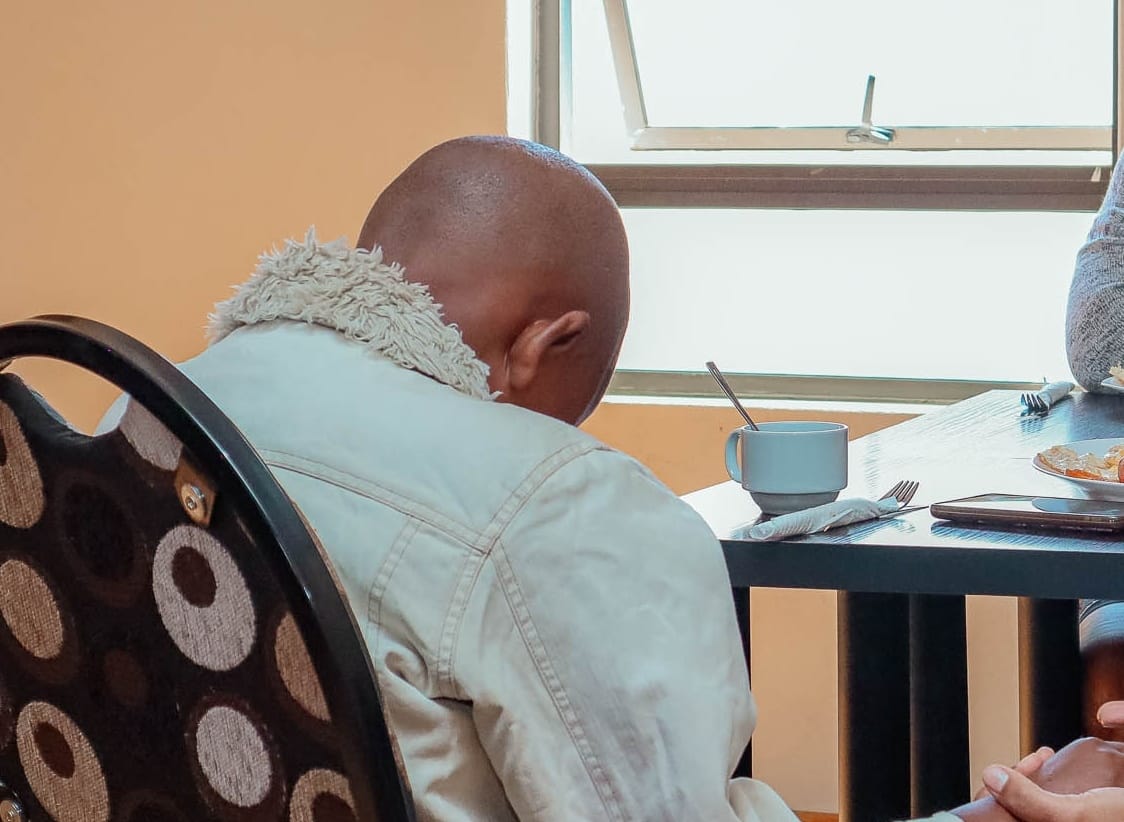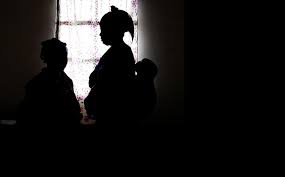Ntsoaki Motaung
Every child deserves a quality, safe, and inclusive education, however, in the case of Lesotho, children in the remote areas are challenged by some obstacles hindering them from accessing the said education.
To be specific in Qacha’s Nek hard-to-reach areas, children still do drop out of school so that they can look after their parents’ life stock.
In Qacha’s Nek, at Sehalaba Thebe in the Thamathu community close to 100 kilometres from Qacha’s Nek town, lives 18-years old Mamelane Rafoza who dropped out of Thamathu High School because he felt it was now his time to go and look after his parent’s life stock.
Rafoza speaking with Ministry of Gender, Youth and Social Development officials and journalists during their visit to parents of children who were identified to benefit from the Basic Education Strengthening Project (BESP) said he had no choice but to drop out of school because no one would look after the animals.
Meanwhile, the Principal of Thamathu High School narrated that, it is a practice in the community of Thamathu that, boy children when they reach a certain age, will have part of their parents’ animals passed on to them “ba li tsoaeloa” and they will drop out of school.
“By the time some of the animals are registered in their name, children drop out of school their reason being they now have the legacy they need to look after. They are raised in a community where the only thing that puts bread on the table is animals or animal production,” he said.
He said most of the families make a living through wool and mohair or selling of their animals and they do not find education important at all as the belief is passed on from one generation to the next.
Rafoza spoke with journalists when he had attended the parents’ meeting on behalf of his mother who did not make it to the meeting because she had errands to run in town.
“After my parents passed on five sheep to me, I realised that I was old enough to look after the animals because no one would because I am the eldest,” he said.
When asked if he could go back to school if the ministry facilitated that he be enrolled back into school, Rafoza was adamant that he would not go back to school because he has animals to care for so that they will multiply and make money for him in future.
Meanwhile, Lesotho has ratified international treaties including the International Labour Organisation’s (ILO) Worst Forms of Child Labour 1999 (No 182) defines child labour as work that deprives children of their childhood, their potential and their dignity, and that is harmful to physical and mental development.
It refers to child labour as work that interferes with their schooling by depriving them of the opportunity to attend school; obliging them to leave school prematurely; or requiring them to attempt to combine school attendance with excessively long and heavy work.
According to the findings on the worst forms of child labour report 2023, in 2023, Lesotho made a minimal advancement in efforts to eliminate the worst forms of child labour including drafting a National Action Plan on the Elimination of Child Labor.
“Children in Lesotho are subjected to the worst forms of child labour, including commercial sexual exploitation, sometimes as a result of human trafficking. Children also perform dangerous tasks in animal herding,” the report reads.
Summary
- Meanwhile, the Principal of Thamathu High School narrated that, it is a practice in the community of Thamathu that, boy children when they reach a certain age, will have part of their parents’ animals passed on to them “ba li tsoaeloa” and they will drop out of school.
- When asked if he could go back to school if the ministry facilitated that he be enrolled back into school, Rafoza was adamant that he would not go back to school because he has animals to care for so that they will multiply and make money for him in future.
- According to the findings on the worst forms of child labour report 2023, in 2023, Lesotho made a minimal advancement in efforts to eliminate the worst forms of child labour including drafting a National Action Plan on the Elimination of Child Labor.

Your Trusted Source for News and Insights in Lesotho!
At Newsday Media, we are passionate about delivering accurate, timely, and engaging news and multimedia content to our diverse audience. Founded with the vision of revolutionizing the media landscape in Lesotho, we have grown into a leading hybrid media company that blends traditional journalism with innovative digital platforms.










